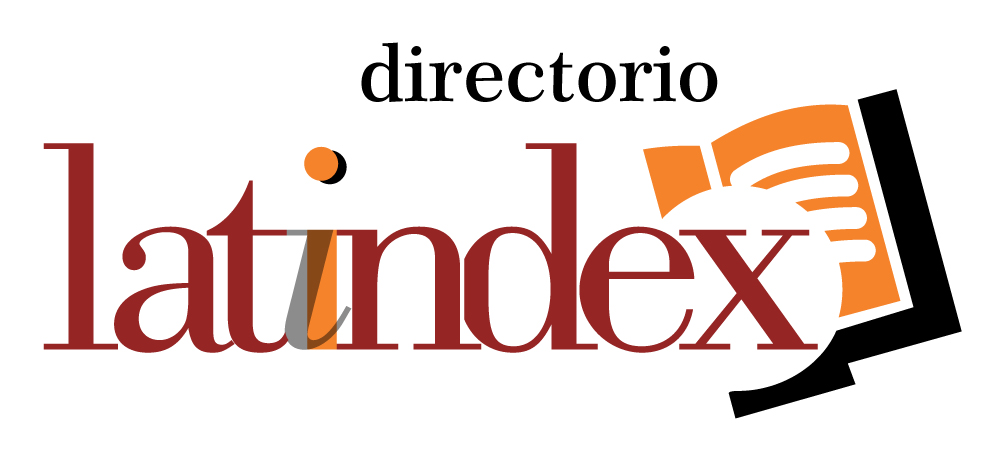The viability of a defense of the permissibility of homosexual practices within Natural Law Theory
DOI:
https://doi.org/10.59780/xcqa7303Keywords:
Natural Law Theory, Homosexuality, IntimacyAbstract
The aim of this paper is to explore the possibility of a viable way to defend the permissibility of certain homosexual practices within the theoretical framework of Natural Law Theory. In philosophical Ethics, Natural Law Theory is a perspective that morality is based on the dictates of human reason, which are universal and immutable, allowing humans to discern right from wrong. This theory has roots in classical naturalism, a concept that dates to Aristotle, according to which Ethics is related to the most excellent realization of human nature at the operational level. Based on a teleology of the functions of bodily organs, wherein sex has an essentially procreative function, and based on the idea of heterosexual marriage as a basic human good, same-sex practices have been condemned as closing off the possibility of life and as unnatural. However, it is possible to argue that, for people with a homosexual disposition, sexuality plays a natural role in promoting intimacy, exchanging affections, and contributing to the realization of a flourishing life for these individuals.
Downloads
References
AQUINO, Tomás de. Suma teológica. Trad. Alexandre Correia. [S. l.]: Alexandria Católica, 2017.
ARISTÓTELES. Ética a Nicômaco. Trad. Antonio de Castro Caiera. São Paulo: Atlas, 2009.
BÍBLIA de Jerusalém. São Paulo: Paulus, 2002.
BONELLA, Alcino Eduardo. Teoria do mandamento divino e metaética. Revista brasileira de filosofia da religião, v. 2, n. 2, p. 162-72, 2018. https://doi.org/10.26512/.
CORREIO, Edson Santos; CORREIO, Wallas Jeffereson. Homo eroticus: considerações acerca do conceito de sodomia nos processos da Inquisição Portuguesa. Esboços, v. 23, n. 35, p. 265-84, 2016. https://doi.org/10.5007/2175-7976.2016v23n35p265.
COSTA, Thaís Cristina Alves. Eudaimonia e o problema das ações virtuosas em Aristóteles. Griot, v. 10, n. 2, p. 164-72, 2014. https://doi.org/10.31977/grirfi.v10i2.613.
EZÍDIO, Camila de Souza. Um percurso histórico-filosófico: a lei natural em Tomás de Aquino. Ideação, v. 1, n. 40, p. 1-15, jul./dez. 2019. https://doi.org/10.13102/ideac.v1i40.4418 .
FIGUEIREDO, Ivanilda. A conquista do direito ao casamento LGBTI+: da Assembleia Constituinte à Resolução do CNJ. Direito e práxis, v. 12, n. 4, p. 2490-517, out./dez. 2021. https://doi.org/10.1590/2179-8966/2020/51870.
FINNIS, John. Marriage: a basic and exigent good. The monist, v. 91, n. 3/4, p. 388-406, 2008. https://doi.org/10.5840/monist2008913/421.
GIAROLO, Kariel. É possível derivar dever ser de ser?. Controvérsia, v. 9, n. 1, p. 1-12, 2013.
HALDEMAN, Douglas. Sexual orientation conversion therapy: fact, fiction, and fraud. In: DWORKIN, Sari; POPE, Mark. (Ed.). Casebook for counseling, 2015, p. 297–306. https://doi.org/10.1002/9781119221715.ch28.
LAGO, Pablo Antonio. Same-sex marriage: a defense based on foundations of natural law. Direito GV, v. 14, n. 3, p. 1044-66, 2018. https://doi.org/10.1590/2317-6172201839.
MALACARNE, Luciana. O primeiro preceito da lei natural de Tomás de Aquino: uma inferência de “é” para “deve”?. 2012. 56 f. Trabalho de Conclusão de Curso (Bacharelado em Filosofia) – Instituto de Filosofia e Ciências Humanas, Universidade Federal do Rio Grande do Sul, Porto Alegre, 2012.
MOORE, George Edward. Principia ethica. Cambridge: Cambridge University Press, 1922.
MURPHY, Mark. Theological voluntarism. In: ZALTA, Edward N. (Ed.). The Stanford encyclopedia of philosophy, 2019. Disponível em: https://plato.stanford.edu/entries/. Acesso em: 24 maio 2022.
PICKETT, Brent. Natural law and the regulation of sexuality: a critique. Richmond journal of law and the public interest, v. 8, n. 1, p. 39-54, 2004.
RACHELS, James; RACHELS, Stuart. Os elementos da filosofia moral. Trad. Delamar J. V. Dutra. 7ª ed. Porto Alegre: AMGH, 2013.
RIOS, Roger Raupp. Democracia, direitos humanos e direito natural: crítica à tese de John Finnis sobre o casamento homossexual. Publicum, v. 4, n. 2, p. 11-36, 2018. https://doi.org/10.12957/publicum.2018.38629.
RODRIGUES, Nuno Simões. Uma leitura “médica” da homossexualidade no corpus aristotelicum (Pr. 4.26-27). In: SOARES, Carolina Esteves et al (coord.). Phármakon: do combate da enfermidade à invenção da imortalidade. Porto: CITCEM, 2014. p. 61-71.
RYLE, Gilbert. The concept of mind. Londres: Routledge, 2009.
SCRUTON, Roger. Desejo sexual. Uma investigação filosófica. Trad. Marcelo Gonzaga de Oliveira. Campinas: Vide Editorial, 2016.
SHAFER-LANDAU, Russ. Whatever happened to good and evil? Oxford: Oxford University Press, 2009.
SILVA, Ronaldo Manoel. Clara Fernandes, uma lésbica perante o Tribunal da Inquisição (1555-1560). Estudos feministas, Florianópolis, v. 26, n. 3, p. 1-13, 2018. https://doi.org/10.1590/1806-9584-2018v26n348787.
TEIXEIRA, Arthur Rocha Martins Rodrigues. Entre sexualidade e jurisdição: discursos sobre homossexualidade nos penitenciais dos séculos XI-XII. Epígrafe, São Paulo, v. 10, n. 2, p. 439-58, 2021. https://doi.org/10.11606/issn.2318-8855.v10i2p439-458.
ZANELLO, Valeska. Saúde mental, gênero e dispositivos: cultura e processos de subjetivação. Curitiba: Appris, 2018.
Downloads
Published
How to Cite
Issue
Section
License
Copyright (c) 2025 Bruno dos Santos Queiroz

This work is licensed under a Creative Commons Attribution-NonCommercial-NoDerivatives 4.0 International License.









